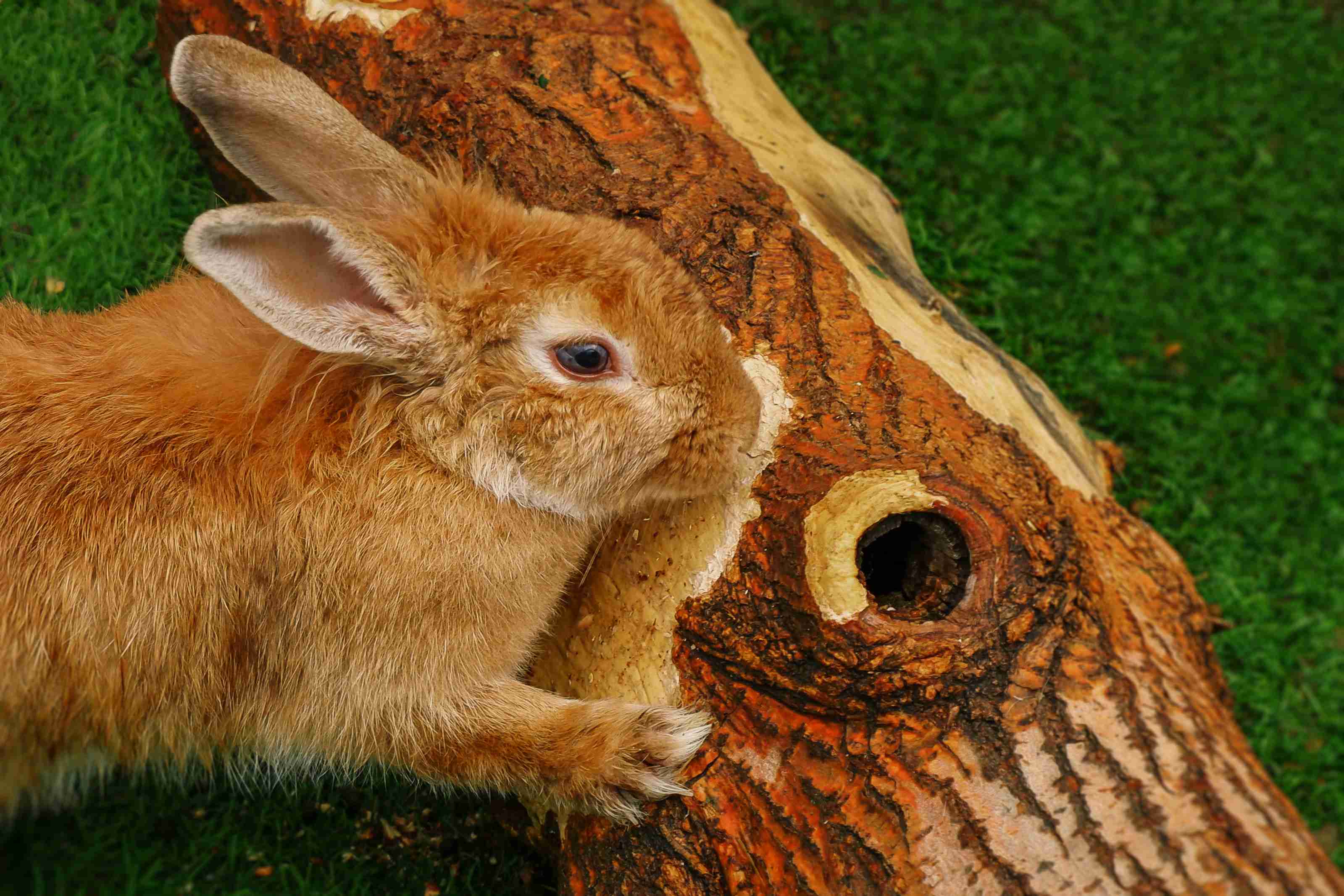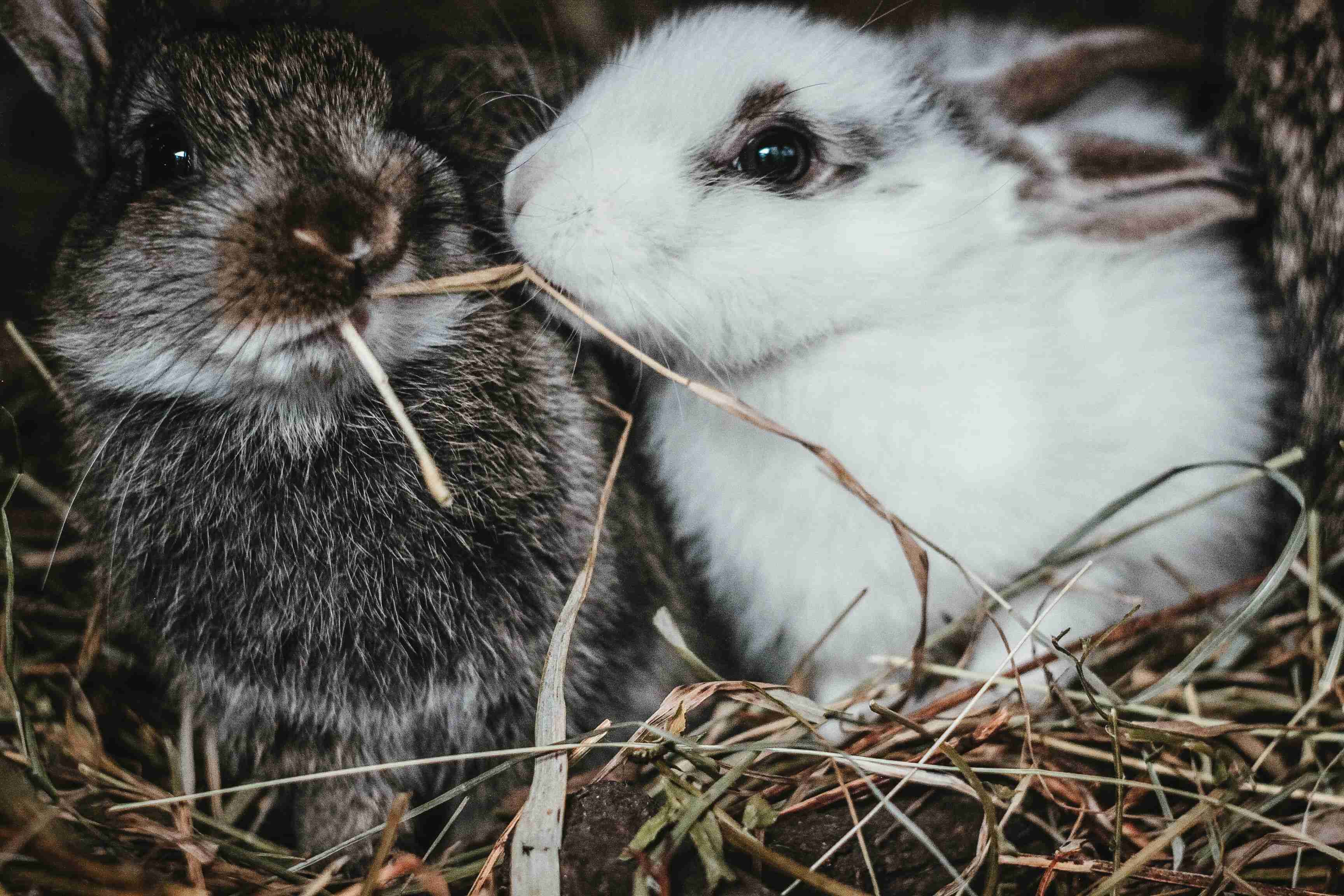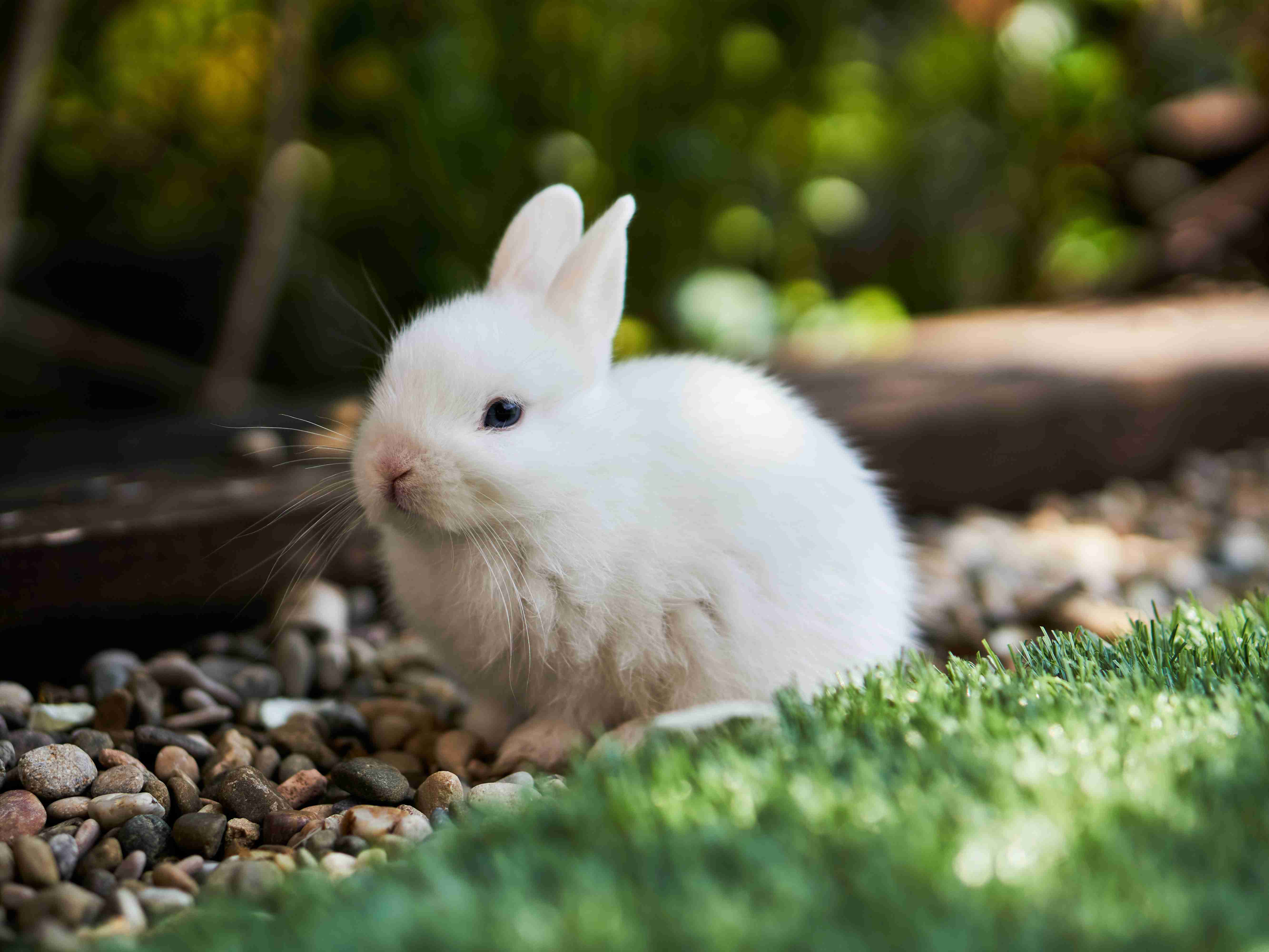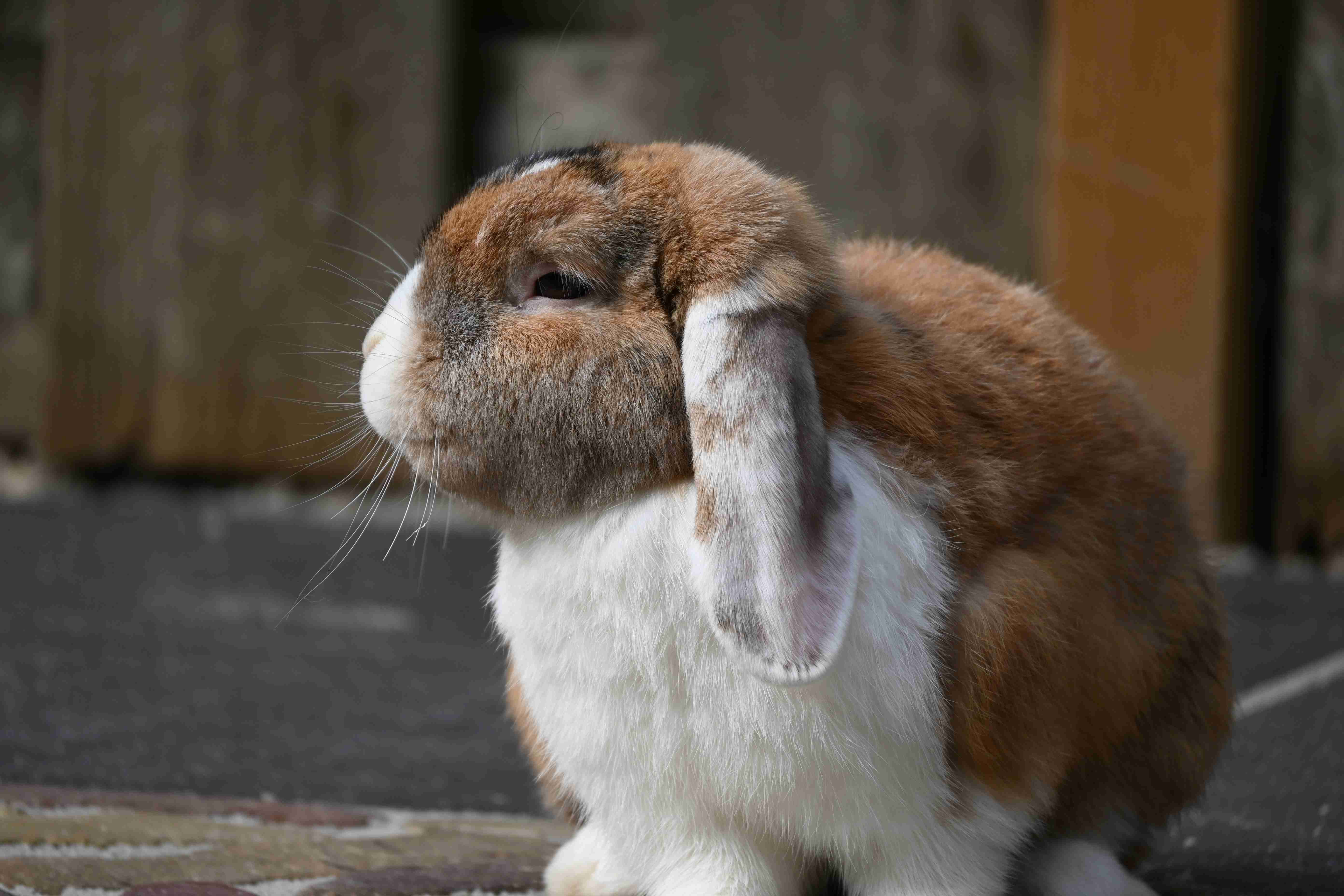Pet rabbits are adorable creatures that make wonderful companions. They are known for their cute noses, twitching whiskers, and fluffy tails. However, just like humans, rabbits can also become obese if they are not given the proper diet and exercise. Obesity in pet rabbits is a serious condition that can lead to a range of health problems, such as heart disease, diabetes, and arthritis. In this blog post, we will explore the risks of obesity in pet rabbits and provide you with some practical prevention measures to keep your furry friend healthy and happy. So, let’s hop right into it!
Obesity is a growing concern for pet owners worldwide, and pet rabbits are no exception. As herbivores, rabbits require a specific diet to maintain their health, and overfeeding can lead to obesity and other health problems. In this article, we will discuss the risks of obesity in pet rabbits and the prevention measures that owners can take to ensure their rabbits remain healthy.
What is Obesity in Rabbits?
Obesity is defined as an excess accumulation of body fat that can lead to various health problems. In pet rabbits, obesity can occur due to overfeeding, a sedentary lifestyle, and a lack of exercise. Pet rabbits that are housed in small cages and have limited space to move around are at a higher risk of developing obesity.
The Risks of Obesity in Pet Rabbits
Obesity in pet rabbits can lead to several health problems, including:
1. Digestive Problems: Overfeeding can lead to digestive problems such as diarrhea, bloating, and gas.
2. Dental Issues: Rabbits have continuously growing teeth, and a diet high in carbohydrates and sugar can lead to dental problems such as malocclusion.
3. Joint Problems: Obese rabbits are at a higher risk of developing joint problems such as arthritis, which can lead to pain and difficulty moving around.

4. Respiratory Issues: Obese rabbits can have difficulty breathing due to their excess weight, leading to respiratory issues.
Prevention Measures for Obesity in Pet Rabbits
1. Diet: A healthy diet is crucial for preventing obesity in pet rabbits. Offer hay as the primary source of food, and limit the intake of pellets and vegetables. Treats should be given in moderation, and high-sugar treats should be avoided.
2. Exercise: Provide your rabbit with plenty of space to move around, and offer toys that will encourage exercise, such as tunnels and balls.
3. Housing: Ensure that your rabbit has enough space to move around in its cage and provide a litter box and hiding places for mental stimulation.
4. Regular Check-ups: Regular visits to the veterinarian will help to monitor your rabbit’s weight and overall health.
Conclusion
Obesity in pet rabbits is a growing concern, but with proper diet, exercise, and housing, it can be prevented. As pet owners, it is our responsibility to ensure that our pets remain healthy and happy. By taking preventative measures, we can help to ensure that our rabbits live a long and healthy life.
In conclusion, obesity is a serious health issue that can affect pet rabbits just like humans. As pet owners, it is our responsibility to ensure that our furry friends stay healthy and happy. By providing a balanced diet, regular exercise, and monitoring their weight, we can prevent obesity in our pet rabbits and increase their lifespan. Always consult with a veterinarian if you notice signs of obesity or have concerns about your rabbit’s health. A little effort goes a long way in keeping our pet rabbits healthy and thriving. Let’s take the necessary steps to prevent obesity and give our furry friends the best life possible.


.jpg)

.jpg)

.jpg)
